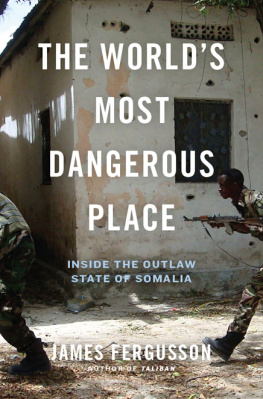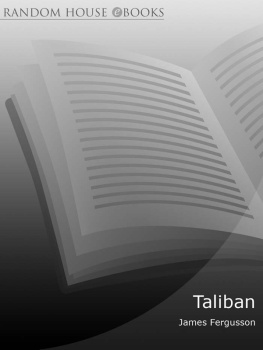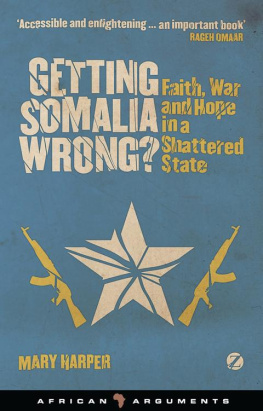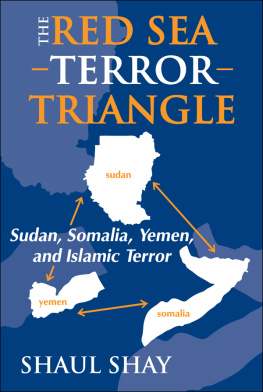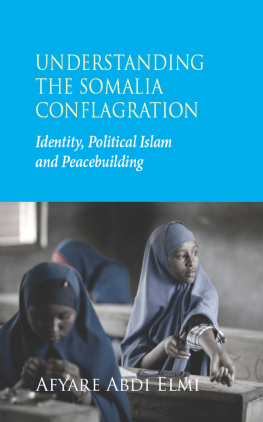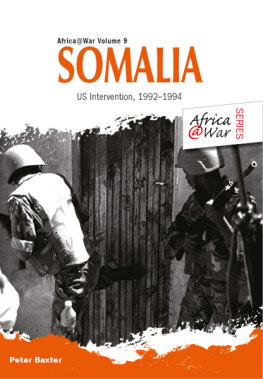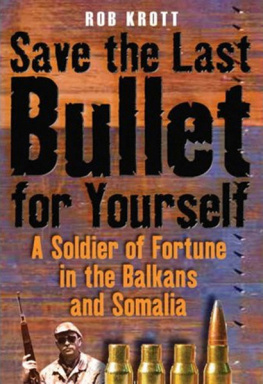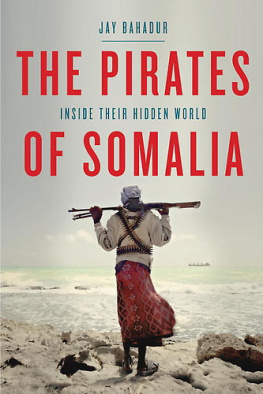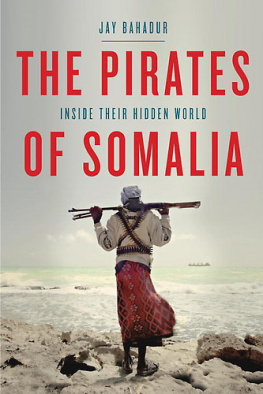ABOUT THE AUTHOR
James Fergusson is a freelance journalist and foreign correspondent who has written for many publications including the Independent, The Times, the Daily Mail and The Economist. A regular television and radio commentator on Afghanistan and the Taliban, he is the author of four previous books including A Million Bullets, which was the British Armys Military Book of the Year. He is married with four children and lives in Edinburgh.
A great many people helped me with this book, but I am particularly indebted to the Airey Neave Trust, and its guardians Michael Bottenheim, Ed Butler, John Giffard and the late Paul Wilkinson, whose generous fellowship grant made an expensive research project financially viable. It was a privilege to have the confidence of so distinguished a body of people. My one regret is that the renowned Professor Wilkinson, who died suddenly in 2011 at the age of seventy-four, never saw the result of his kind support. Part of the Trusts objective is to promote research designed to make a discernible impact and to contribute in a practical way to the struggle against international terrorist activity. I sincerely hope the trustees will feel that this book fulfils that brief.
Alongside a handful of people whose identities must remain undisclosed, I extend my especial thanks to Ahmed Abdullahi, Sahal Abdulle, Musa Duale Aden, Julian Alexander, Mohamed Ali (Wandsworth), Willy Athill, Richard Bailey, James Bays, Nick Beresford, John Bradshaw, Salih Brandt, Miles Bredin, Sophie Butler, Paul & Rachel Chandler, Charlie Courtauld, Osman Dagane, Julian Davies, Kabir Dhanji, Chris Donnelly, Sarah Edworthy, Mohammed Ismail Elmi, Hassan Eymoy, Abdulhakim Mohamoud Haji Faqi, Mohamed Farah (Yare), Nuruddin Farah, Toby Fenwick-Wilson, Anders Folk, Per Gallestrup, Vivien Garrett, Patrick Gatara, Ngethe Gitungo, Nils Giversen, Kate Green, Cyprien Hakiza, Nick Hardwick, Stephen Harley, Simon Haselock, Mohamed H. Hassan (Gudbaaye), Mohamed-Rashid Sheikh Hassan, Carole Hillenbrand, Kate Holt, Hotzi, Fiona Houston, Buster Howes, David Stewart Howitt, Nick Hughes, Oliver Lee, Iman Nur Icar, Richard Jermy, Hugo Macpherson, Justin Marozzi, Herbert Mensah, Dick Meryhew, Will Milliken, Hassan Mohamed (Harlesden), Abdirizaq Mohedin, Rob Murphy, Mohamed Mustafa (Harlesden), Poly Muriithi, Jo Nickolls, William Noblett, Simona Opitz, Paddy OKennedy, Abdulrahman Abdurahman Osman (Shuke), David Orr, Andy Pring, David Ramsbotham, Dido Rasso, Alex Renton, Ruth Renton, Phil Rees, Hugh Riddell, Mari Roberts, Abdi Roble, Doug Rutledge, Hashi Shafi, Allie Shah, Mary Sharpe, William Snook, Jeremy Stampa-Orwin, Jon Stephenson, Jason Straziuso, Steve Turner, Henry Vines, Doug Young and Sabah Yusuf.
This list is not exhaustive: I have deliberately left out the names of several people who may find themselves mentioned in the main text. The most important name of all, however, is that of my wife Melissa. Without her love, patience, and encouragement and exceptional proofreading skills I could not have written this book.
Awde, Nicholas, Somali-English Dictionary & Phrasebook, Hippocrene Books 2009
Bahadur, Jay, Deadly Waters Inside the Hidden World of Somalias Pirates, Profile Books 2011
Bowden, Mark, Black Hawk Down, Bantam Press 1999
Bridges, Peter, Safirka: An American Envoy, Kent State University Press 2000
Burton, Richard F., First Footsteps in East Africa (1856), Konemann Classics 2000
Cawl, Faarax M.J., Ignorance is the Enemy of Love, 1974, translated for Zed Books 1982
Chandler, Paul & Rachel, HostageA Year at Gunpoint with Somali Gangsters, Mainstream Publishing 2011
Cooper, Frederick, Africa Since 1940 The Past of the Present, Cambridge University Press 2002
Dowden, Richard, Africa Altered States, Ordinary Miracles, Portobello Books 2009
Drysdale, John, Whatever Happened to Somalia? Haan Publishing 1994
Farah, Nuruddin, Crossbones, Riverhead Books 2011
Farah, Nuruddin, Links, Duckworth 2005
Fazzina, Alixandra, A Million Shillings Escape from Somalia, Trolley Books 2010
Freeman, Colin, Kidnapped Life as a Somali Pirate Hostage, Monday Books 2011
Hanley, Gerald, Warriors Life and Death among the Somalis, Hamish Hamilton 1971
Harper, Mary, Getting Somalia Wrong? Faith, War and Hope in a Shattered State, Zed Books 2012
Hartley, Aidan, The Zanzibar Chest, Harper Collins 2003
Hirsi Ali, Ayaan, Infidel My Life, Pocket Books (Simon & Schuster) 2008
Hirsi Ali, Ayaan, NomadA Personal Journey Through the Clash of Civilizations, Simon & Schuster 2010
Jardine, Douglas, OBE, The Mad Mullah of Somaliland, Herbert Jenkins Ltd 1923
Laird, Elizabeth, The Ogress and the Snake and Other Stories from Somalia, Frances Lincoln Ltd 2009
Leonard, Elmore, DjiboutiA Middle East Western on Water, Weidenfeld & Nicolson 2011
Lewis I.M., A Pastoral Democracy, Oxford University Press 1961
Lewis I.M., Understanding Somalia and Somaliland, Hurst & Co 2009
McNeill, Capt Malcolm, DSO, & Lt A.C.H. Dixon, In Pursuit of the Mad Mullah: Service and Sport in the Somali Protectorate, C. Arthur Pearson Ltd 1902, republished by Kessinger
Mohamed Abdi, Mohamed, Anthropologie Somalienne, Universit de Besanon 1993
Mohamed Abdi, Mohamed, Histoire des Croyances en Somalie, Universit de Besanon 1992
Mohamed Abdi, Mohamed, Pour une Culture de la Paix en Somalie, Association Europene des Etudes Somaliennes 1997
Murphy, Martin N., Somalia: The New Barbary? Piracy and Islam in the Horn of Africa, Hurst & Co 2011
Notten, Michael van, The Law of the Somalis, The Red Sea Press 2007
Osman, Abdurahman A. (Shuke), Somali Customary Law and Traditional Economy Cross-sectional, pastoral, frankincense and marine norms, Puntland Development Research Centre 2003
Roble, Abdi & Doug Rutledge, The Somali Diaspora A Journey Away, University of Minnesota Press 2008
Smith, Wilbur, Those in Peril, Macmillan 2011
Swayne, Harald G.C., Seventeen Trips through Somaliland and a Visit to Abyssinia: With Supplementary Preface on the Mad Mullah Risings, Rowland Ward Ltd 1903
Waugh, Evelyn, Black Mischief (1932), republished Penguin Modern Classics 2000
Hawl Wadaag district, Mogadishu, March 2011
Of the Wests many fronts against Islamic extremism around the world, I am thinking, this one has to be the most literal. I have the oddest feeling that I have stumbled on to a film set: a Hollywood producers recreation of a front line, not the real thing.
I am sitting on a faux antique armchair, with sagging springs and the stuffing spilling out, in the living room of a wrecked townhouse in downtown Mogadishu. A colonel of the UPDF, the Ugandan Peoples Defence Force, who has requisitioned the house as his field headquarters, is waving a stick at a large wall map. His name, helpfully spelled out on his breast pocket, is John Mugarura. Both he and the map are interestingly spot-lit by sunshine from a jagged hole in the corrugated-iron roof where, I have just been told, a mortar shell exploded the previous night.
In the last two weeks, my battalion has advanced here, here and here, the colonel booms, and we are... here.
He taps on the bottom edge of a red-inked U that cuts across the heart of the city: the al-Qaida-linked militants of al-Shabaab on one side, us on the other. A cluster of yellow arrows surrounds our position, which is marked with the Uganda Battle Group acronym UGABAG.

